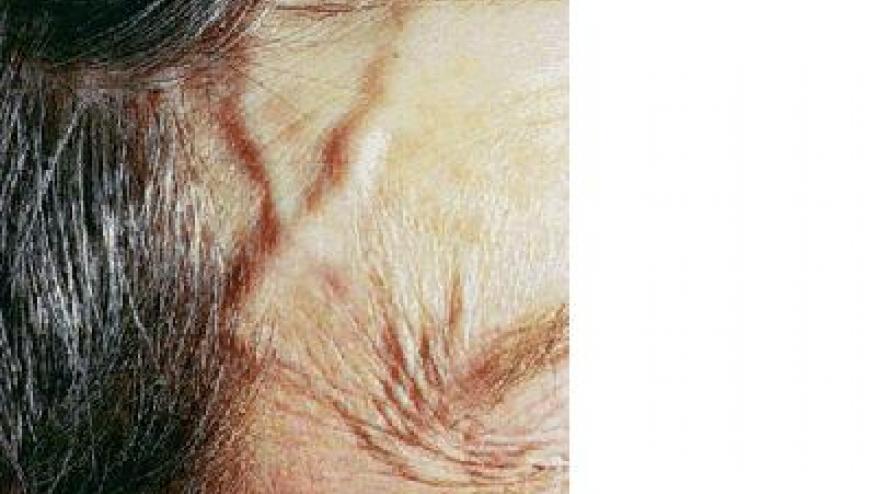Does Methotrexate Work in Giant Cell Arteritis? Save

There seems to be both hope and uncertainty regarding the use of weekly methotrexate (MTX) in giant cell arteritis (GCA) patients whom need to limit their glucocorticoid use. While well done clinical trials have shown no certain efficacy, data suggesting MTX benefits comes from small trials, anecdotes and clinical experience.
One of the earliest and best done trials of MTX in GCA was published by Hoffman et al in 2002 enrolled 98 temporal artery biopsy proven (~80%) who were stared on prednisone and MTX 15 mg/week or placebo (PBO). They found the frequency of treatment failure (relapses) to be comparable after 12 months: 57.5% for MTX and 77.3% for PBP treated patients (P = 0.26). MTX was therefore, not associated with a reduced risk of treatment failure (relative risk 0.72; 95% CI 0.41-1.28).
Patients diagnosed with GCA from 1998 to 2013 with confirmed evidence of temporal artery biopsy and/or radiographic evidence of large vessel vasculitis were identified. Each patient with GCA treated with adjunct MTX (case) was matched to a similar patient with GCA treated only with GC (control). GC requirements and relapse events before and after MTX initiation (or corresponding index date) were compared using rate ratios (RR).
Another recent "real world" trial* matched 83 GCA MTX + glucocorticoid treated patients against 83 glucorticoid only patients (controls) and the outcomes and flare rates compared. The time from GCA diagnosis to MTX initiation was 39 (13-80) weeks and the median dose was 13.5 (10-15) mg/week.
When they examined future relapse rates before and after MTX initiation, they found significantly reduced rates in both cases (RR 0.32, 95% CI 0.24-0.41) and controls (RR 0.60, 95% CI 0.43-0.86). The decrease in relapse rate was significantly greater in patients taking MTX than in those taking GC alone (p = 0.004). Steroid use and discontinuation did not differ between groups.
From this single-institution observational study, the addition of MTX to GC appeared to decrease the rate of subsequent relapse by nearly 2-fold compared to patients taking GC alone.
* Editors note: always be wary of "real world" data as these are not proof, but only capable of raising interesting postulates that require more rigourous testing or trials.










If you are a health practitioner, you may Login/Register to comment.
Due to the nature of these comment forums, only health practitioners are allowed to comment at this time.